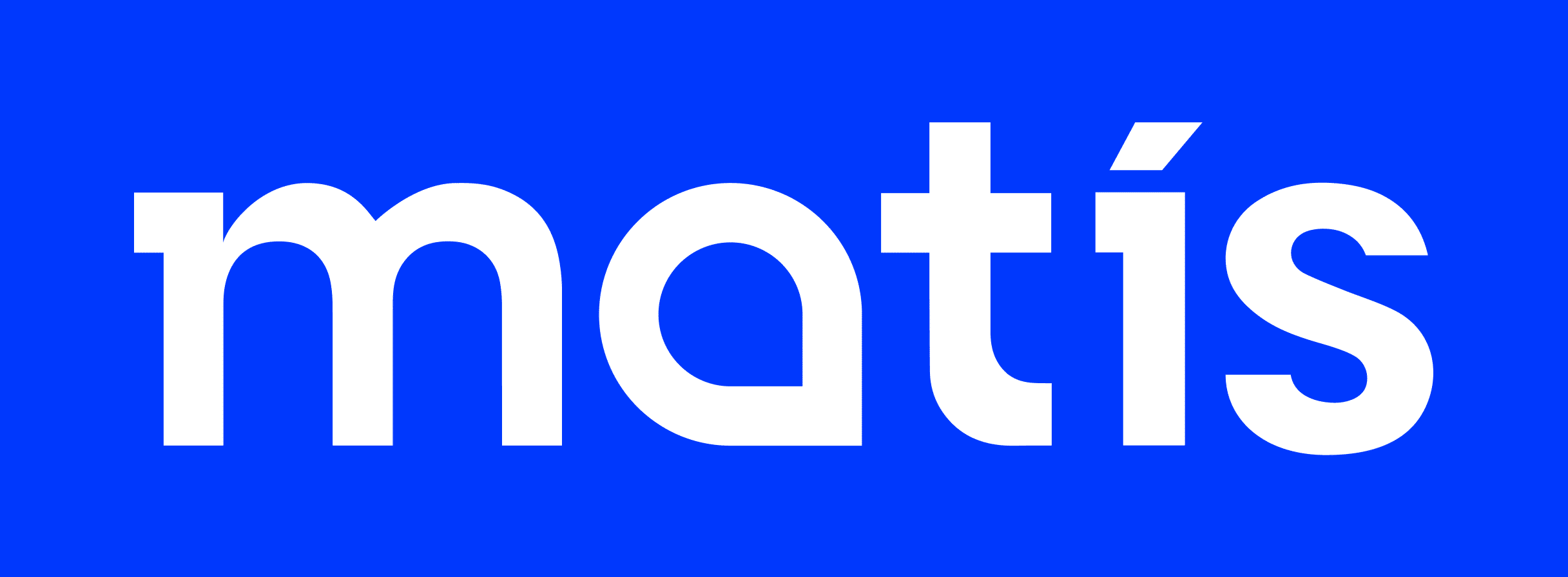Markmið SeaCH4NGE var að finna þang sem getur dregið úr losun metans frá nautgripum. Þessa skýrsla inniheldur ítarlegar niðurstöður úr þessu verkefni. Stutt samantekt á niðurstöðum: In vitro greining (Hohenheim gas próf og Rusitec) sýndi að þang minnkaði heildar gasframleiðslu, metanframleiðslu og metanstyrk fyrir þrjár þangtegundir samanborið við TMR (samanburðarsýni). Mesta lækkunin sást hjá Asparagopsis taxiformis. Þangsýni sýndu lítið niðurbrot í vömb samanborið við aðrar algengar fóðurtegundir jórturdýra. In-vivo rannsóknir: Engin marktæk áhrif á metanframleiðslu sáust þegar naut voru fóðruð blöndu af þangi, né þegar mjólkurkýr voru fóðraðar af brúnþörungablöndu. Með því að gefa lítið magn af rauðþörungi (A. taxiformis) ásamt brúnþörungum mátti sjá lítillega minnkun á metanframleiðslu. Gæði og öryggi – mjólk og kjöt: Sýni voru greind m.t.t. þungmálma, steinefna og joðs. Innihald þangs hafði ekki neikvæð áhrif þar sem eitruð frumefni As, Cd, Hg og Pb voru annaðhvort ekki til staðar eða í mjög lágu magni. Þanggjöf (allar þrjár blöndur) höfðu áhrif á joðstyrkinn, sem jókst. Skynmat: Þangmeðferðin hafði áhrif á bragð af smjöri og UHT -mjólk en þetta hafði engin áhrif hvort þær vörur þóttu betri eða verri. Ekki fannst bragðmunur á nautakjöti.
Þessi skýrsla er lokuð til 31.12.2023.
Þessi skýrsla er lokuð/This report is closed
